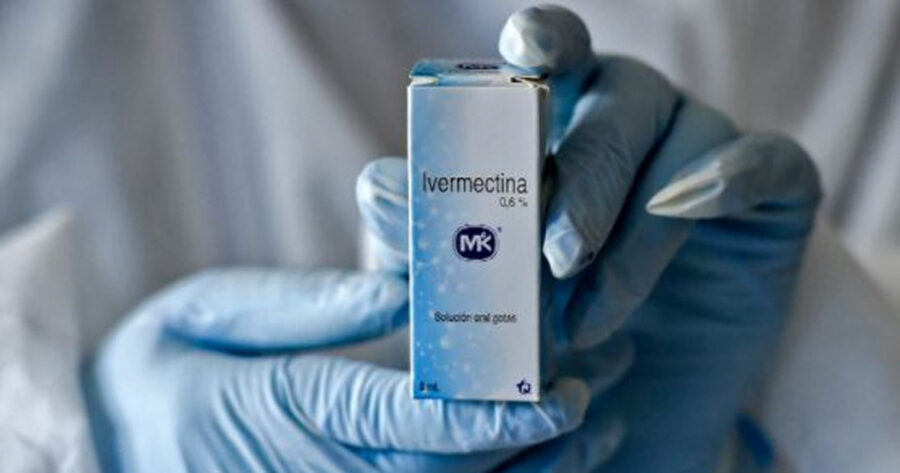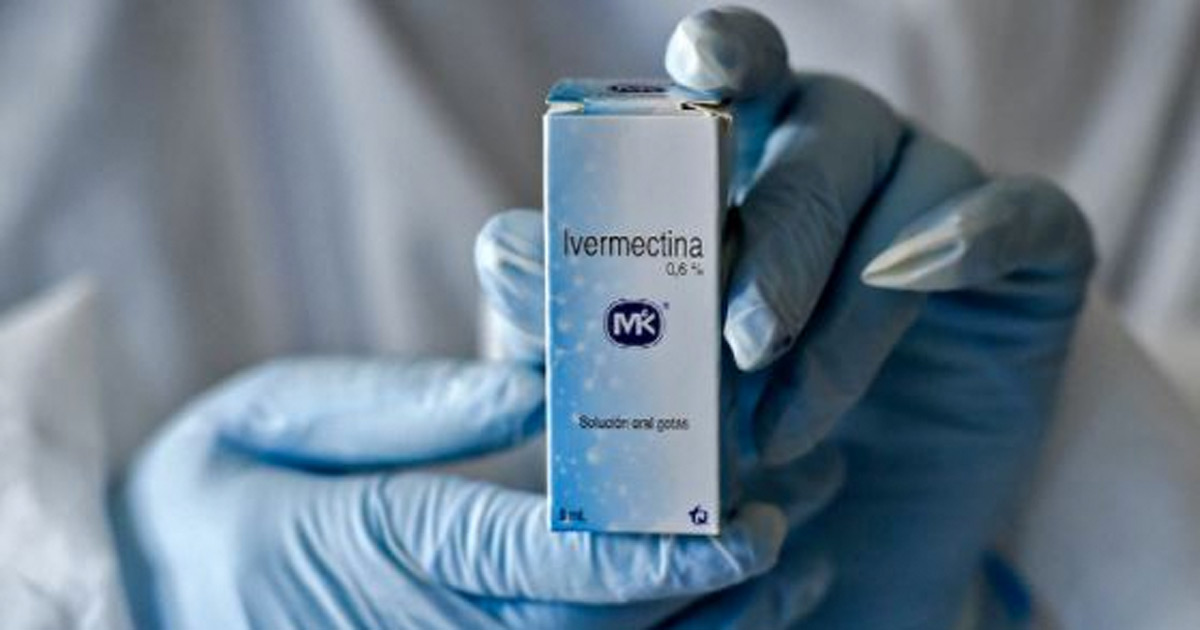
Ivermectin Court Case Proceeds Because Human Approval Still ‘Too Restrictive’
AfriForum says SAHPRA’s announcement that it will allow, for humanitarian reasons, a controlled access programme for the use of ivermectin in humans to treat COVID-19 is a step in the right direction BUT still “extremely restrictive”. Therefore AfriForum’s case against SAHPRA, which will be heard on 2 February 2021, will continue, said the organisation. AfriForum […]

AfriForum says SAHPRA’s announcement that it will allow, for humanitarian reasons, a controlled access programme for the use of ivermectin in humans to treat COVID-19 is a step in the right direction BUT still “extremely restrictive”. Therefore AfriForum’s case against SAHPRA, which will be heard on 2 February 2021, will continue, said the organisation.
AfriForum brought an urgent court application on 24 January against SAHPRA (the South African Health Products Regulatory Authority) and Dr Zweli Mkhize, Minister of Health, to ensure that ivermectin developed for human use can be made available so that doctors can prescribe it for the treatment of COVID-19.
However, SAHPRA still fails to approve applications by doctors – brought in terms of article 21 of the Medicines and Related Substances Act – to use ivermectin for the treatment of COVID-19 patients, said AfriForum in a statement following SAHPRA’s announcement on Wednesday.
“SAHPRA’s announcement is a step in the right direction, but still does not provide the necessary relief and certainty that we urgently need. AfriForum will therefore continue its legal action because this same urgency and uncertainty remain. Every day people die while a medicine exists that may probably save their lives. SAHPRA has not yet even reacted to the first applicant’s article 21 applications,” says Bared Uys, head of Research at AfriForum.
Uys also says that SAHPRA’s decision is also an admission from their side that ivermectin compounded for human use is indeed safe.
Earlier today SAHPRA said in a press briefing that it has given the green light for the controlled use of Ivermectin for humans.
This comes after the authority earlier this month warned the public against the use of the drug, as it was not confirmed for COVID-19 infection management.
At the time, SAHPRA said this was because there was no available confirmatory data on Ivermectin for its use in the management of COVID-19 infections.
However, on Wednesday, SAHPRA chief executive (CEO), Dr Boitumelo Semete-Makokotlela, said the authority would allow a controlled and compassionate programme for the use of the drug after embarking on extensive engagements with medical professionals. A guideline will be published shortly.
“We are in the second wave. We are seeing lives being lost and we have many medical practitioners that have reached out to us. We have considered all of that.
“The approach is that we will facilitate a controlled, compassionate access programme for Ivermectin,” she said.
Semete-Makokotlela said, however, this does not mean that the authority’s position on the matter has changed.
“Our position [does not] change around the availability or lack of availability of data, but we had to have in-depth discussions around the context in which we find ourselves.
“We are in a pandemic with limited options available. It is on that basis that we are saying we will facilitate a controlled access programme that will enable us to monitor the use and [allow people] to get healthcare,” she said.
SAHPRA has taken this posture, with several studies indicating there is not enough data on the risks and benefits of using the drug.
“We understand the position from which the health practitioners are coming. We also acknowledge that there are very limited but good evidence-based options that exist.
“We also understand the pressure healthcare practitioners are facing because of these limited options,” Semete-Makokotlela said.
One of the challenges faced by SAHPRA, said Semete-Makokotlela, is that the drug is currently not registered for human use in South Africa.
“In many countries, it’s being utilised off-label because a rigorous review was conducted when it was registered for human use.”
Since 6 January 2021, SAHPRA has reviewed an extensive piece of data that has emerged.
“Firstly, we engaged with the WHO [World Health Organisation] and there’s a statement they’ve issued around this, saying there’s limited information around [the drug]. WHO is working to review current clinical trials for them to get sufficient data to give to us.
“We’ve also engaged other regulators that we work closely with as SAHPRA, such as the FDA [U.S. Food and Drug Administration], the European Medicines Agency, MHRA in the UK, etc., and they have indicated a similar position to us,” said Semete-Makokotlela.
SAHPRA chairperson, Prof. Helen Rees, said the authority has taken into account the national context when considering the use of the drug.
“Since the pandemic began, the staff at SAHPRA have worked extraordinarily hard because it’s not just on medicines… It’s not just a simple thing to say that a new medicine has come along, can we register it?” she said.
During the pandemic, Rees said SAHPRA has been inundated by work needing its attention.
“During a wartime, there will be things that are not in the routine course of business, where the regulator has to think very hard and think of the context in which they are working, while still absolutely thinking of safety, quality and efficacy,” she said.
Rees said the authority is aware that, at the moment, there are limited options for the prevention and treatment of sickness.
“Although we now have good evidence for hospitalised patients, we’d like more. We are very supportive of our healthcare providers, who are in the frontline, who are really desperate and looking for solutions.
“It is on this backdrop that the Ivermectin conversation needs to take place. We are very sensitive about this. We’ve had many conversations with expert committees, advisors and the board, and how we should proceed.” – SAnews.gov.za and AfriForum
